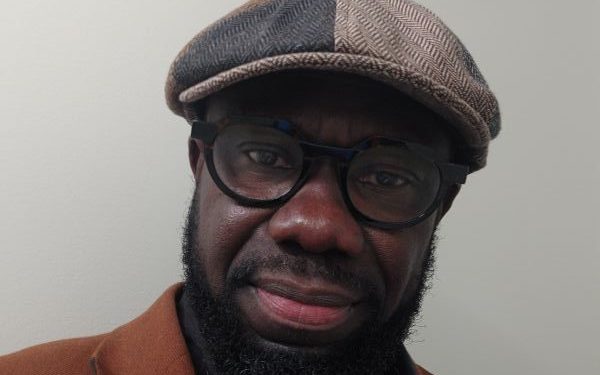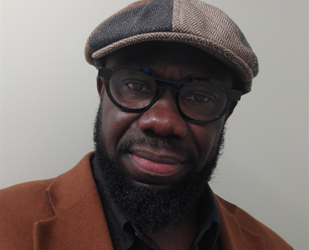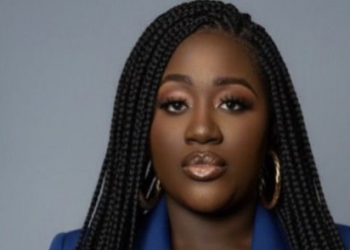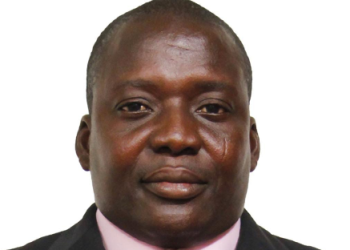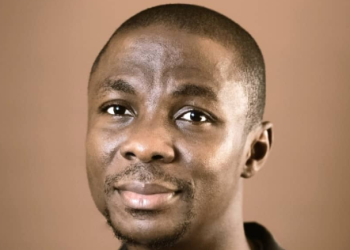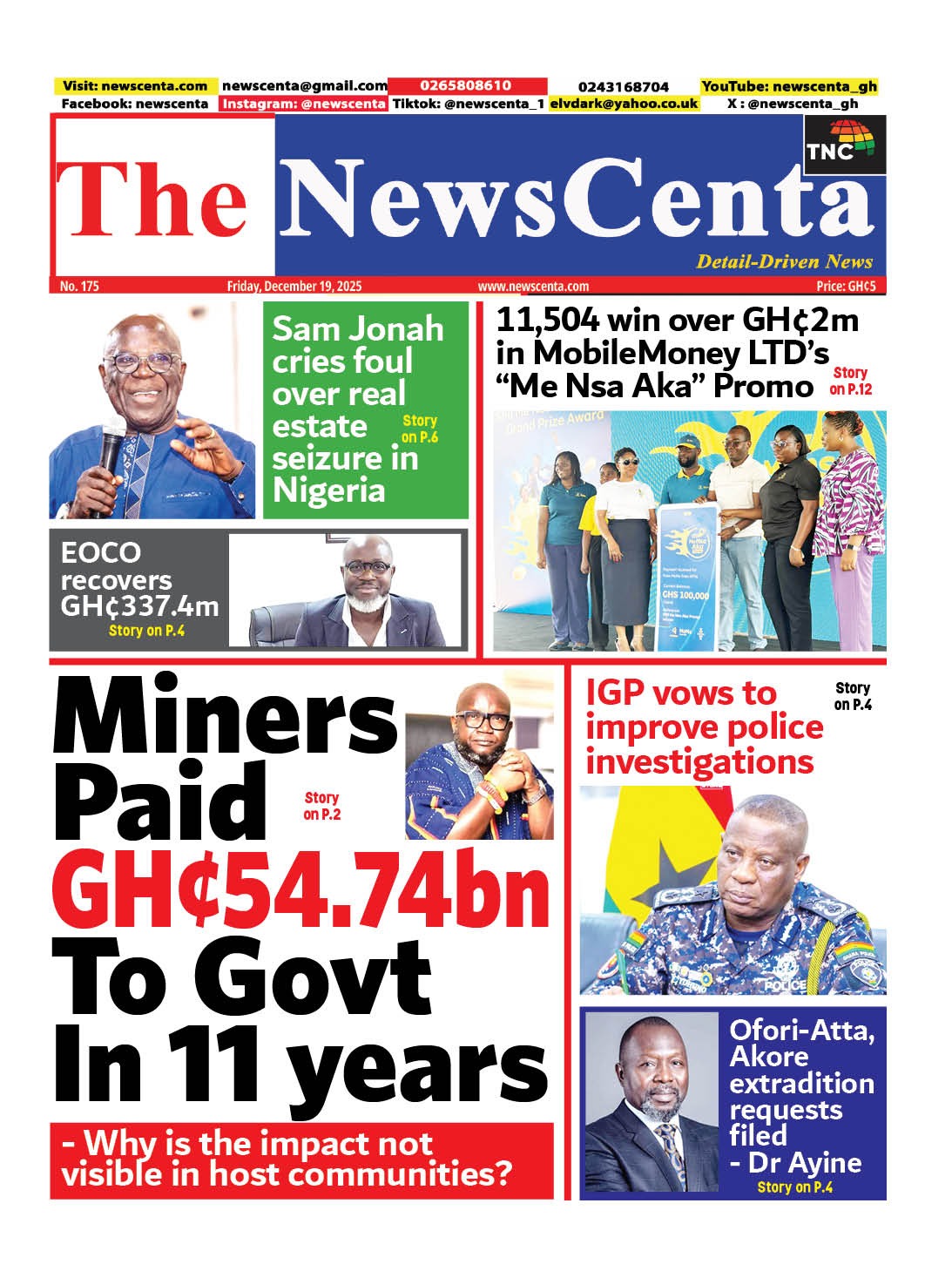Across the border, a ripper had been re-elected President of the United States of America, and had already begun signing a raft of executive orders to tear up the old script of the Biden administration.
The polls in Canada favoured another ripper, Pierre Poilievre–the Canadian version of Donald Trump–to become Prime Minister.
However, the Liberals decided to tear up their own script, ditching sitting Prime Minister Justin Trudeau in a leadership election, to bring in a weaver, Mark Carney, who stopped Poilievre’s dream. Carney, a political newbie and former Governor of the Central Banks of Canada and England, went ahead to win his Nepean seat and became Prime Minister of Canada. So far, Canada seems fine with Carney.
Rippers of state
Politicians come in several shapes and forms. A columnist of The New York Times, David Brooks, identifies two types of politicians: Rippers and Weavers.
Ripper politicians are aggressive and see politics as war.
Their ambition is to win and do not care about the scale of destruction their win leaves behind.
Weavers, on the other hand, are careful in building consensus and try to bring people together by fixing things as they fight for power.
Whether you favour a ripper or a weaver, you deserve the leader you elect.
Former American President Thomas Jefferson puts it most poignantly: ”The government you elect is the government you deserve”.
Ghanaian politics has produced a fair amount of rippers and weavers.
We may have started off with a ripper when Kwame Nkrumah ripped off the colonial script to give us independence.
The leaders who followed after the 1966 coup ripped off what had already been half-ripped.
Dr Abrefa Busia sauntered in to weave together a torn state, but the rippers took over again: Gen. Kutu Acheampong, Lft-Gen. Fred Akuffo and Flt Lt J.J. Rawlings.
A weaver, Dr Hilla Limann, stepped in, but only briefly. J.J. Rawlings took over the ship again until 1992, when he transmogrified into a weaver who never stopped being a ripper, until John Attah Mills saved the day.
Presently, Ghana is led by a more careful John Mahama, who appears to be weaving the cloth of the state with custom-made threads.
In his legacy years, he intends to reset the old plot by President Akufo-Addo, and perhaps reset what he, Mahama, set for himself as President before he lost power after his first term.
In less than a year into his second term, the political temperature is heating up, as weavers and rippers jostle for a spot on who leads their internal contests to succeed Mahama.
The third way
John Agyekum Kufour’s political tradition, the Danquah-Busia-Dombo mix of five ambitious gentlemen, are presently pulling at each other for the leadership of the NPP.
Polls suggest congress would choose between ripper Kennedy Agyapong and weaver Dr Mahamadu Bawumia.
The ruling NDC has a spectacle unfolding.
The contest to succeed President Mahama could produce a pragmatic ripper, Johnson Asiedu Nketiah, or a weaver, Julius Debrah, or Haruna Iddrisu, a clever weaver.
Enter Alan John Kyerematen, a refreshing ‘ripping weaver’ whose newly-minted United Party promises to rip apart Ghana’s political duopoly.
Before coming up with the United Party, a familiar name chipped from the carcass of the NPP-UP tradition, Alan’s impressive political profile had been pilloried by political connoisseurs when he broke away from the NPP to form a political movement. For Bitter or for Better.
There are politicians who sit between history and destiny. And there are those who rest between faith and purpose.
The other group sit at that unusual spot former British Prime Minister Tony Blair describes as the Third Way, a philosophy that seeks to reconcile centre-right and centre-left politics by bringing together liberal and social economic policies.
Where does Alan stand in Ghanaian politics? We are almost certain the United Party might not have the gravitas to break the NPP-NDC duopoly, not in the next elections or even the next one after 2030.
Yet, we admit that while it is still in its embryonic stages, the United Party has some audacious dignity about its evolution, and may do more than just scuttle NPP votes. Alan seems happy.
The third force
It may be easy to dismiss the United Party as the absurd oddity in Ghana’s competitive democratic elections.
But in politics, absurdity is not a handicap, Napoleon Bonaparte has told us.
We have witnessed some absurd moments and have watched some absurd personalities emerge from the doldrums to lead nations.
We have also seen absurd politicians tear down their countries, especially in Africa.
Across the continent, the consensus is to revise the leadership rubric and bring in a fresher calibre who would do things differently. Like Ibrahim Traore.
This is where the argument for a third force seems to garner some steam.
So far, a third force–whether as an independent candidate or a political organisation–has proven a farce.
The duopoly seems difficult to supplant because the electorate are not motivated to accommodate ideas that are not superior to the old argument.
What would the United Party do differently that Alan could not have done as leader of the NPP?
If the political party is only a vehicle, then the fortunes of Alan as leader of the Afafanto movement would not be brighter than the United Party.
Alan avoided becoming a spent force by exiting the NPP, and that has made all the difference.
He looks tough but he betrays some infectious brittleness that sets him apart as a sweet darling who deserves a huge chunk of meat at dinner, except that he may not be invited to dinner. Alan may have charisma.
But he lacks the charm. He has attributes. But he lacks tribute singers. He is a hero. But a tragic hero.
Tissues Of The Issues
bigfrontiers@gmail.com
Ottawa, Canada

